Usage by Schools, The Evidence
There are a lot of good reasons why schools should consider using SchoolScreener®.
We’ve gathered references and links to them on this page. We start with an enlightening case study in four English primary schools.
In early 2022, The Fischer Family Foundation assessed use of SchoolScreener® Vision under its Apex Project to ‘eliminate avoidable literacy failure‘. This is what they found:
- ‘Over 20% of children had a potential sight problem, not previously known about.’ This was despite most of them having been checked by school nurses at Reception age school entry.
- Over 75% of those recommended to see an optometrist in the above pilot study did attend. Of those, 64% needed an intervention, usually glasses.
This video includes interviews with the head teacher and key staff involved at one of those schools. It’s illuminating and worth watching. A little over 8 minutes long, it shows how they achieved these results and how they feel about it.
Other Studies and Articles
UCLA Study: Impact Analysis of 'Vision to Learn' Programme
Their initial report found that providing glasses to children in need improved the quality of a student’s education, while also providing collateral benefits such as improving the quality of a child’s life.
Teachers reported to UCLA that glasses helped students become more engaged in the classroom. When kids were better able to see a classroom board and read the words in a book they were not only more confident about participating in class, but the class as a whole experience fewer disruptions.
One teacher explained, “I’ve had about six kids that received glasses and these are the kids [who] … were distracting other kids… But when they got the glasses that kind of just changed. It went away.”
School performance bridled by poor vision, visual disorders
Clinical studies show uncorrected vision problems can affect development.
Behavioural & learning problems may actually be undetected vision problems
Article lists common symptoms of vision problems and that they may be confused with behavioural problems.
Vision and Hearing Screening Really Does Make a Difference:
HMP YOI Cookham Wood Case Study
This is an uplifting, true story of hearing screening and vision screening. It’s about how a young man turned his life around, from being a young offender to a model citizen.
National Literary Trust Article
‘The outcomes in adult life are often the product of educational and social processes comprising a combination of influences in which literacy plays a part. This is particularly true for offenders. Literacy problems in the prison population are often compounded by a wide range of emotional, learning and/or attentional deficits, including, child abuse and neglect, linguistic impoverishment in the childhood home, low verbal ability, uncorrected visual and hearing impairments in childhood.’


